The Zionist entity has crossed a new threshold in its military escalation in the Middle East by openly announcing its belligerent intentions towards Lebanon. On Wednesday, the Zionist army declared that it was preparing for a “possible entry” into Lebanon, an alarming statement that raises the specter of an imminent ground invasion and a dramatic expansion of the conflict in the region. Reuters also published images of Israeli tanks at the Lebanese border.
This announcement comes amid an intensification of Zionist airstrikes on Lebanese territory, which have already claimed hundreds of civilian lives and caused massive population displacements. U.S. President Joe Biden warned of the risk of a “generalized war” in the Middle East on ABC, although he suggested that an “agreement” to “fundamentally change the entire region” remained possible.
Lebanon now finds itself at the heart of a Zionist offensive of unprecedented scale, tragically reminiscent of the catastrophic situation in Gaza for nearly a year. This new escalation marks an alarming extension of the conflict, transforming southern Lebanon into a theater of war with disastrous humanitarian consequences that threaten to further destabilize an already fragile region.
The death toll continues to rise by the hour. According to the latest data from the Lebanese Ministry of Health, at least 51 people were martyred yesterday, and more than 220 were injured during intense airstrikes. This figure adds to the already heavy toll of the previous days. Health Minister Firass Abiad highlighted the gravity of the situation during a press conference, revealing that Monday’s Zionist attacks killed 558 people, including more than 50 children and 95 women. The brutality of the attacks is particularly evident in the fact that many victims are civilians, trapped in their homes or fleeing combat zones. Heart-wrenching testimonies are emerging from villages like Maaysara, where a strike martyred three civilians who had sought refuge after fleeing southern Lebanon.
Zionist strikes are not limited to traditionally hot spots along the border. Raids have been reported in mountainous regions, including villages located some 30 kilometers north of Beirut. This geographic expansion of the attacks raises serious questions about the real objectives of this offensive and suggests an intention to extend the conflict zone well beyond Lebanon’s southern borders.
In the Chouf region, south of Beirut, four people lost their lives during an airstrike, illustrating the wide reach of the Zionist military operations. These attacks on civilian areas far from the borders constitute a blatant violation of international humanitarian law and raise concerns about the protection of civilian populations.
Civil infrastructure, an essential pillar of daily life and basic services, has not been spared in this offensive. A striking example is the public hospital in Nabatieh, southern Lebanon, which sustained significant damage following a nearby raid. This act seriously compromises access to medical care in an already pressured region, tragically recalling the tactics used in Gaza, where the systematic destruction of vital infrastructure led to an unprecedented humanitarian crisis.
Half a million displaced
The massive displacement of the population is another dramatic consequence of this escalation. According to figures provided by the United Nations, more than 90,000 people have been displaced since Monday, adding to the 111,000 already displaced since October. These alarming figures were confirmed by Lebanese Foreign Minister Abdallah Bou Habib, who estimates that the total number of displaced persons “is likely approaching half a million.” This situation creates a major humanitarian crisis, severely straining Lebanon’s already limited resources. The displaced face precarious living conditions, often lacking access to clean water, food, and basic care. The situation is all the more critical as winter approaches, with thousands of people living in makeshift shelters or tents ill-suited to the harsh weather conditions. Philippe Lazzarini, head of the United Nations agency for Palestinian refugees (UNRWA), has emphasized a “triple tragedy”: Israeli strikes in Lebanon are adding to its already heavy burden in Gaza and the West Bank. With three of its operational zones now on the front lines, the chronically underfunded agency is under pressure, explained its Commissioner-General to AFP. “We already have Gaza, we already have the West Bank, so we have two operational theaters that have become active front lines,” he said during an interview on the sidelines of the United Nations General Assembly in New York. And now, “we also have Lebanon,” making three operational zones facing “humanitarian emergencies,” he added, describing the situation as a “triple tragedy.” With the recent bombings in Lebanon, UNRWA has been forced to suspend some of its operations in the country and convert some of its schools into shelters for displaced people fleeing the southern regions.
The media are also in the crosshairs of Zionist strikes, as evidenced by the martyrdom of Kamel Karaki, a cameraman for Al-Manar, during an air raid. This is not an isolated case: the previous day, Hadi Al-Sayed, a journalist for Al-Mayadeen Online, also became a martyr during an attack on his home in southern Lebanon. These tragedies raise serious concerns about press freedom and the safety of media professionals in the region and suggest the deliberate targeting of journalists by Zionist forces.
This offensive in Lebanon is part of a broader context of Zionist aggression in the region. In Gaza, the death toll since October 7, 2023, is horrific: more than 41,495 martyrs and 96,006 wounded, mostly civilians. The massive destruction of infrastructure and the resulting humanitarian crisis raise fears of a repeat of this scenario in Lebanon, with potentially devastating consequences for the entire region.
The international community is alarmed by this escalation. Solidarity demonstrations have taken place in several American cities, including New York and Washington, calling for an end to the aggression and denouncing U.S. support for the Zionist entity. These mobilizations reflect growing public awareness of the gravity of the situation. On the diplomatic front, voices are rising to call for a peaceful resolution to the conflict. Jordan’s King Abdullah II, for instance, has warned against any forced displacement of Palestinians, calling such action a war crime.






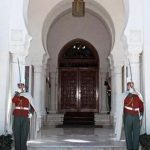
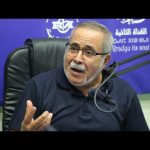
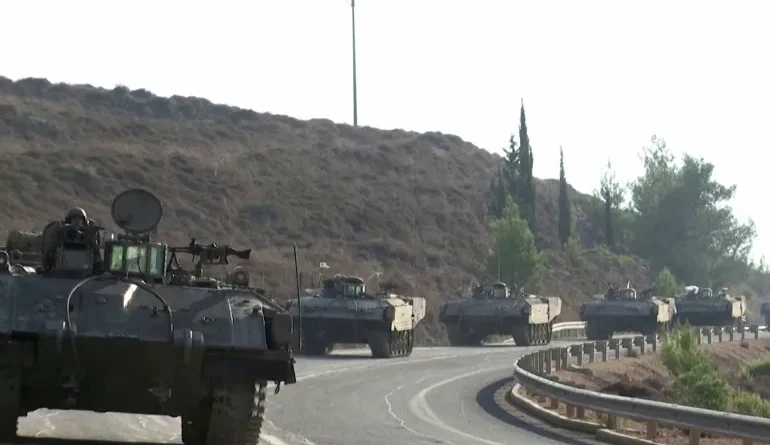
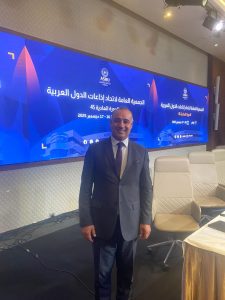

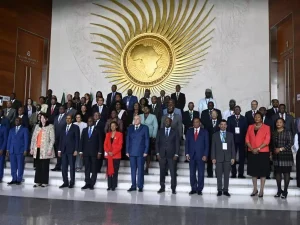
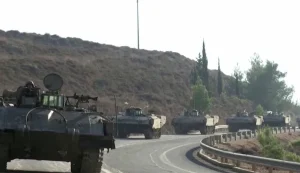
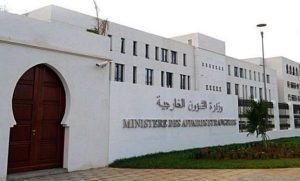
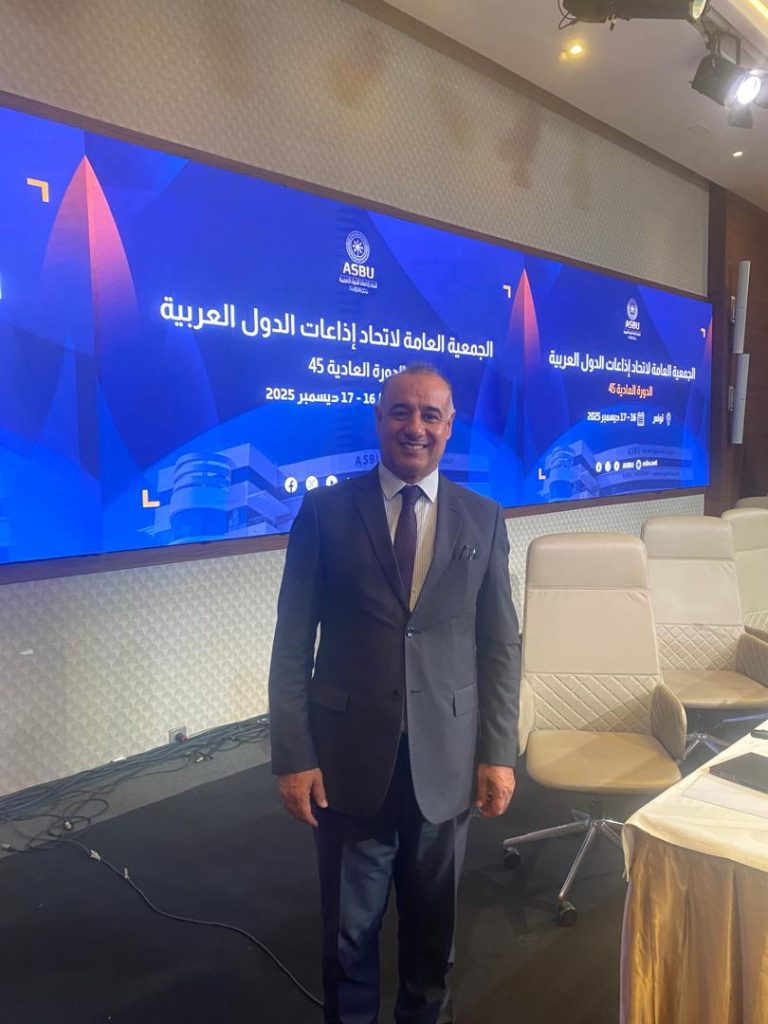

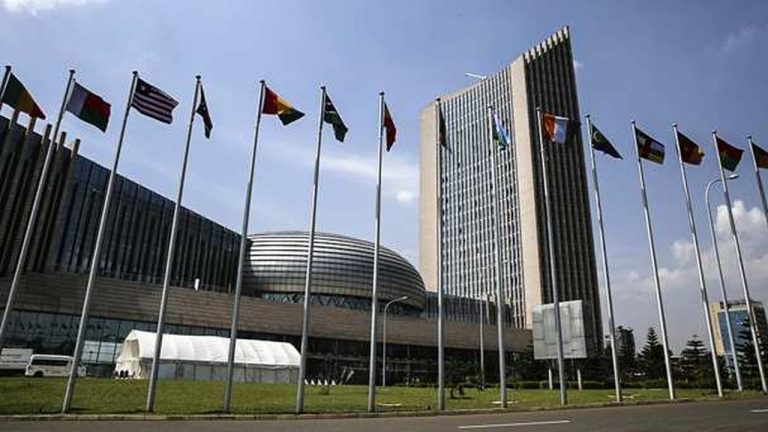
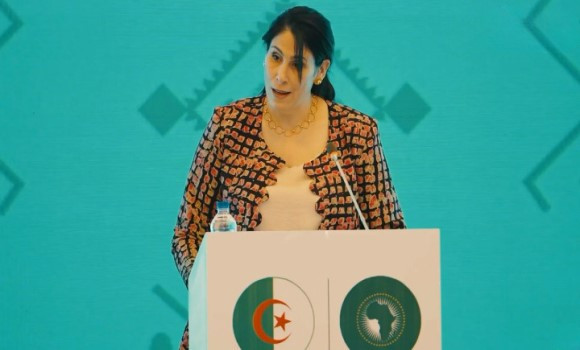
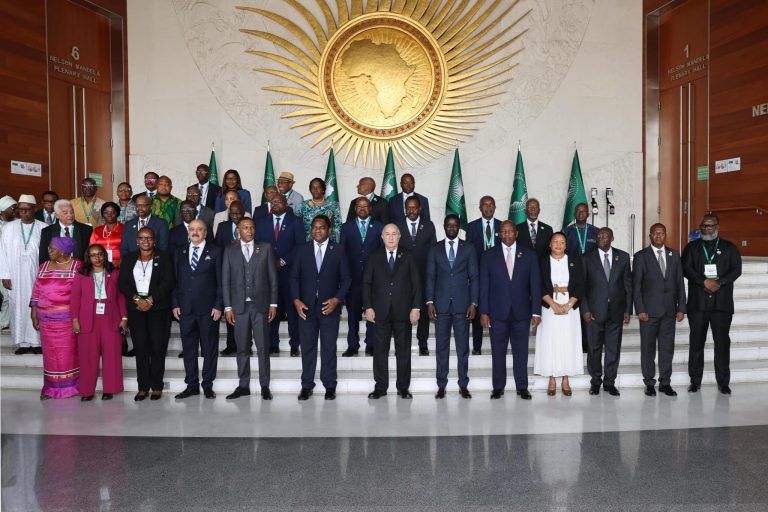
what is it ths